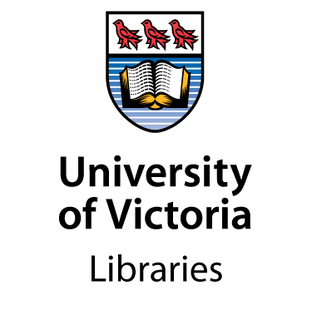About Us
CWCWIC platforms anti-oppressive research and instructional materials that might not otherwise be published or widely distributed, making visible the communities of practice who are doing this anti-oppressive work. This repository spotlights composing practitioners and support specialists who respect students’ right to their own languages, histories, and cultures.
Project Background
This resource would not be possible without the intellectual generosity of our colleagues across the country who participated in our SSHRC-funded knowledge synthesis project, "Writing and Power: Policies and Positions for Social Change." This project brought together writing centre professionals, librarians, writing instructors, and writing program administrators to discuss four key themes as they relate to postsecondary writing: these themes were “citational justice,” “belonging and identity,” “working conditions,” and “accessibility and technology.” Over fall of 2024, we hosted a series of four virtual workshops to discuss our chosen themes, inviting participants to share relevant research and instructional materials and interviewing experts from across the instructional spectrum. We found that despite being underfunded, overworked, and overlooked, many who teach and support student success in postsecondary writing empower marginalized and colonized student populations.
Many of the resources collected as part of that original series are part of this repository – and all of the resources collected as part of Writing and Power (including the insights of their creators shared during the workshops) contributed to the findings and recommendations detailed in our final report.
Ongoing Mission
This repository is a living resource. We welcome both your feedback and the addition of new materials! If you are interested in publishing or platforming your contributions to writing instruction and support, you can reach out through our Submissions section.
Submissions
The work you do is important, and it needs to be shared. If you teach writing classes, work as a writing centre tutor, make decisions about writing requirements for students at a college or university in Canada, then you are someone with experience in Writing Studies. You have likely produced reports, teaching materials, curriculum plans, and other studies as part of this work. As we all know, there are few venues to share this unpublished (yet vital) knowledge or “grey literature” in Canada.
We invite you to participate in our efforts to make what’s happening with Writing Studies in what is now called Canada more effective and responsive to the needs of our students and institutions by sharing your “grey" or siloed literature.
If you are interested in having your work published in the CWCI Repository (with a clear creative commons licence), checkout our Submission Guidelines below.
What Can I Submit?
The following is not an exhaustive list, but here are some suggestions for submission (please note that these submissions are not listed in order of importance):
- Academic Integrity policies
- Accessibility policies and statements
- Anti-racism statements
- Artificial Intelligence tools policies
- Assessment methods
- Assignment instructions/options
- Blog posts
- Conference papers
- Course design materials
- Course outlines
- Dissertations (or excerpts)
- Funded or unfunded grant proposals
- Info about admissions, placement, tracking data
- Learning outcomes statements
- Mission statements
- Program assessment summaries
- Proposals
- Training materials (for TAs, RAs, multi-section courses)
- Tutoring materials
- Reports
- Unpublished research
- White papers
Submission Information
If you would like to have your work published on our UVic Libraries Manifold site (with a clear creative commons licence), then please send your resource and a 100 to 500-word description of your work to [email protected]. The description should introduce your submission, its origins, and/or how you think others might use it. Please also include either a 50 to 100-word bio or a link to your preferred bio. Work that is owned by a postsecondary institution, contains original student writing, or requires HRE approval can’t be published.
Community
- Canadian Association for the Study of Discourse and Writing/Association canadienne de rédactologie (CASDW)
- Canadian Writing Centres Association/Association canadienne des centre de rédaction
- RhetCanada
- Society for Teaching and Learning in Higher Education/La société pour l'avancement de la pédagogie dans l'enseignement supérieur



